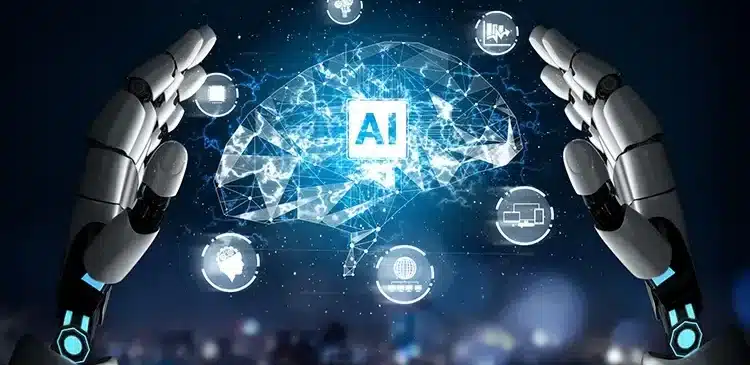What Happens When AI Makes All of Your Social Plans?

At the present time, intelligence technology (AI) is penetrating into more and more spheres of our lives such as social connections. With the emergence of chatbots and AI-powered personal assistants, people now rely on technology to schedule their social dates to set up appointments. By encouraging such convenience and efficiency, however, the potential effects on interpersonal relationships as well as on social dynamics also raise some concerns. In this paper, we will consider the impact of AI replacing human social planners and its further implications for our lives.
What role does AI play in social scheduling?
As individuals continue to organize their schedules and plan activities through technology, AI has continued appearing in social planning. As the progress of AI has brought in many chatbots and personal assistants, planning social events is becoming much more user-friendly. However, there are many other issues related to the influence this tendency may have on interpersonal interaction and society. In order to understand AI’s potential impact on our social lives, we must examine the implications of its use in socially oriented planning. The study of the way AI assists in social plans can contribute to comprehending how technology and interpersonal collaboration are transforming simultaneously.
What advantages can AI bring to social plan management?
It is evident that integrating artificial intelligence leads to diverse advantages when assessing the merits of AI governing social plans. To begin with, AI’s ability to process immense amounts of data and analyze preferences allows for elaborating personalized suggestions and recommendations regarding social events that enhance planning in general. In addition, the efficiency and accuracy of AI-driven systems enable a hassle-free schedule alignment thereby mitigating the conflicting schedules. In addition, AI-driven personal assistants are available 24/7 fulfilling a wide range of schedules and lifestyles. As a result, individuals have the flow of social transactions and gain more ease in their own society.
What are the limitations of using AI for social planning?
One key factor to consider when examining the potential negative aspects of employing AI for social planning is a change in autonomy and decision-making. But the question is whether human judgment and spontaneity—factors in social planning that people often assign more to AI-powered platforms every single day. Secondly, excessive reliance on technology to manage social gatherings might lead to less face-to-face communication and human connections that may affect the dynamics of social relationships. In addition, reflection on the privacy and security implications of confiding personal data to the AI algorithms is also very crucial. The study, through assessing the negative aspects of AI in the social realm of planning, provides very interesting facts on technology and human interface.
How can individuals maintain a balance between AI and human involvement in social plans?
When it comes to finding AI applications for social planning, people must find the perfect equilibrium between technological aid and also human contact in a real-world environment. Preserving the sincerity and honesty of interpersonal behaviors in a way that may be achieved using technological developments related to efficiency by means of adjustment with AI-based social planning. Passively, the harmonic balance comes from balancing the benefits of using AI to help social coordination and issues that might plague it in creating lessened personal autonomy. On the other hand, it is necessary to pay great attention when planning social aspects of life to build a meaningful and satisfying interpersonal reality that values the human experience.
Conclusion
However, this technological change should be considered crucial despite the likelihood of AI continuing to significantly influence management in our social life. Therefore, although AI may be systemic and methodical there is an apprehension on how the technology might influence social communication behavior. The balance between AI-empowered automation to streamline efficiency and authentic human relations should form the very basis of social planning in a digital era.



 Bill Yeager, Co-Owner of High Point SEO & Marketing in CT
Bill Yeager, Co-Owner of High Point SEO & Marketing in CT